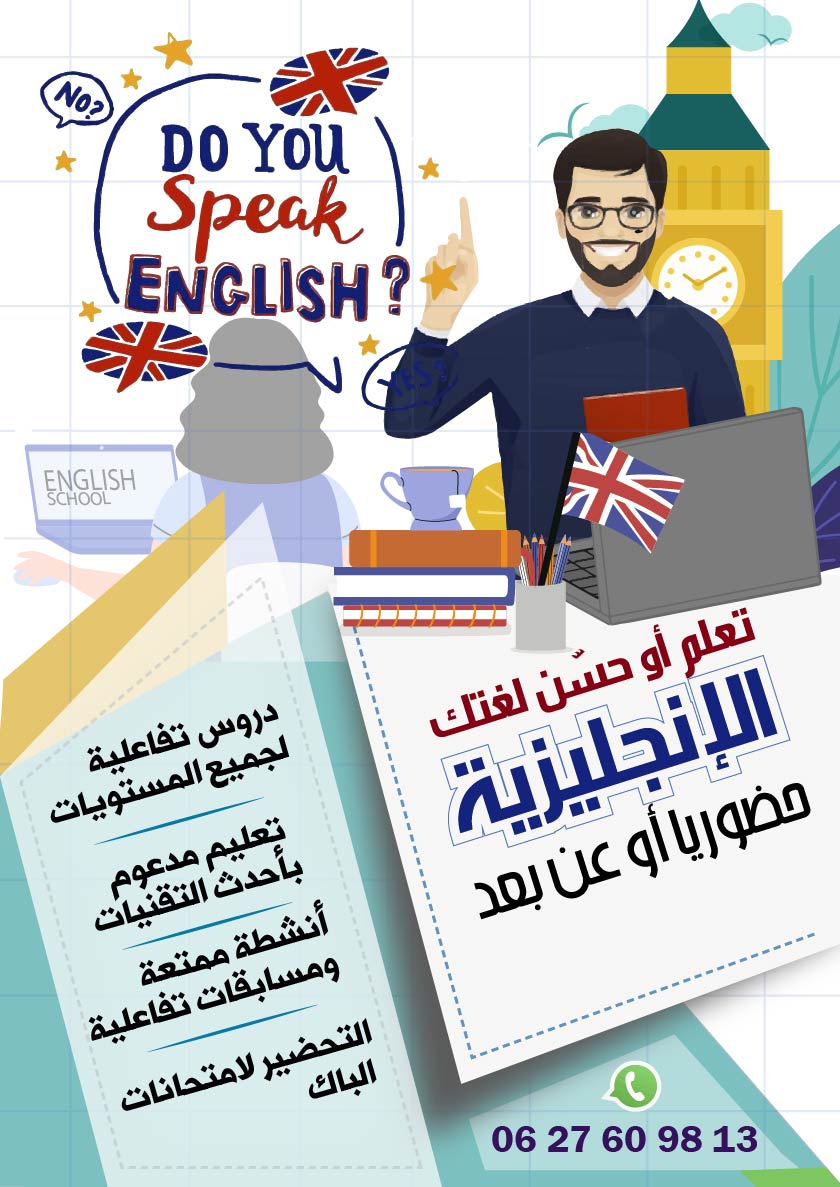Understanding Modals are important toward an advanced English. The Modal verbs are: Can / Could / May / Might / Will / Would / Must / Shall / Should / Ought to / . They have various uses such as ability, possiblity or necessity and so on. In this lesson we are going to explain the modals which express, ability, permission, requests and advice .
Ability:
- We use can to talk about someone’s skill or general abilities:
She can speak several languages.
He can swim like a fish.
They can’t dance very well.
- We use can to talk about the ability to do something at a given time in the present or future:
You can make a lot of money if you are lucky.
Help. I can’t breathe.
They can run but they can’t hide.
- We use could to talk about past time:
She could speak several languages.
They couldn’t dance very well.
- We use could have to say that someone had the ability/opportunity to do something, but did not do it:
She could have learned Swahili, but she didn’t have time.
I could have danced all night [but didn’t].
Permission:
- We use can to ask for permission to do something:
Can I ask a question, please?
Can we go home now.
- could is more formal and polite than can:
Could I ask a question please?
Could we go home now?
- may is another more formal and polite way of asking for permission:
May I ask a question please?
May we go home now?
- We use can to give permission:
You can go home now if you like.
You can borrow my pen if you like.
- may is a more formal and polite way of giving permission:
You may go home now, if you like.
- We use can to say that someone has permission to do something:
We can go out whenever we want.
Students can travel free.
- may is a more formal and polite way of saying that someone has permission:
Students may travel free.
Instructions and requests:
- We use could you and would you as polite ways of telling or asking someone to do something:
Could you take a message please?
Would you carry this for me please?
Could I have my bill please?
- can and will are less polite:
Can you take a message please?
Will you carry this for me please?
Suggestions and advice:
- We use should to make suggestions and give advice:
You should send an email.
We should go by train.
- We use could to make suggestions:
We could meet at the weekend.
You could eat out tonight.
- We use conditionals to give advice:
Dan will help you if you ask him.
Past tenses are more polite:
Dan would help you if you asked him.
Modals – Part 2 : Offers, Obligation, Necessity, Possiblity and Certainty
britishcouncil.org




































